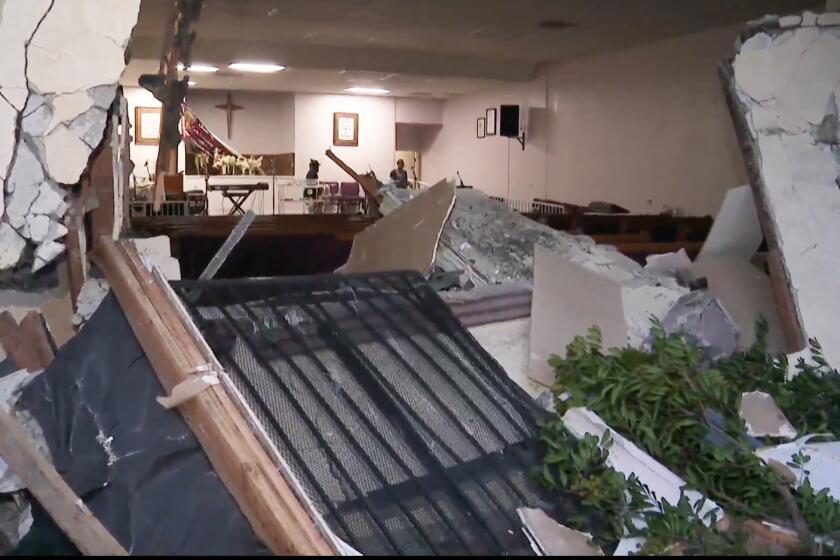High-speed rail authority delays release of business plan
With California’s bullet train project facing new opposition in the Central Valley, including from the operator of the nation’s largest farm, J.G. Boswell Co., the state agency in charge of the project has announced a two-week delay in the release of a key business plan.
The extra time was sought by two members of the California High Speed Rail Authority board who were recently appointed by Gov. Jerry Brown and have begun a comprehensive review of the bullet train plan. The questions they are asking go to the heart of the pending business plan, including why the project is starting construction in the center of the state instead of in Los Angeles and San Francisco. Completion of the business plan is critical to starting construction next year and securing billions of dollars in federal grants.
“They have to answer some very skeptical legislators and general public with an adequate business plan,” said state Sen. Alan Lowenthal (D-Long Beach). “Every report until now has been challenged. Let’s deal with reality for a change.”
The authority has access to $6.3 billion, enough to build a 140-mile segment in the Central Valley, supposedly the least politically complex part of the system. The authority has to start construction next year to meet federal deadlines to receive about half of the currently anticipated funding. As a result, the authority is keen to avoid delays over the next 12 months.
The business plan had been scheduled for release Oct. 14. The state Legislature must approve the plan by Jan. 1, 2012, said authority spokeswoman Rachel Wall. The plan will include new projections on construction costs, ridership and passenger fares. In another report expected next month, the authority also is supposed to identify the sources of money to build the system.
Congress has sharply cut future federal appropriations for high speed rail. And House Majority Whip Kevin McCarthy (R-Bakersfield) said this week that he will introduce legislation to freeze federal funding for the California project.
Meanwhile, the project is coming under tough criticism from cities and land owners in the Central Valley.
Farming giant Boswell’s 200 square miles of holdings would be pierced by a corridor of track that could shut down a company cotton gin complex, seed oil plant, private airport and maze of irrigation canals and levees, according to a company attorney. “The project would deprive the Boswell Company of these operations,” said Robert M. Dowd. “The company would be opposed to the project where the routes have been proposed at this time.”
The Central Valley cotton grower has helped shape the political history of the state, put its imprint on federal legislation and taken its battles to the U.S. Supreme Court. The family-controlled firm, which has a record of trouncing state and federal agencies, would be among the most formidable and politically influential opponents to the bullet train.
The company has drawn battle lines in the past on less direct threats. A generation ago, it helped finance opposition to the peripheral canal, a state water project. Even after it was approved by the Legislature, Boswell quietly backed a state referendum that defeated the project, handing Brown one of the biggest political defeats of his first administration 30 years ago. A spokesman for Brown did not respond to a request for comment.
California High Speed Rail Authority officials declined to address specific complaints about the project, saying a formal environmental review is underway. “We want to work with them to come up with design alternatives that serve our needs and minimize the impact,” Wall said.
The rail authority’s plans include three potential routes through Boswell property. Boswell is pressing for the current environmental review to be extended until February. In a detailed 11-page letter, Boswell attorneys say the current 60-day comment period for 17,000 pages of environmental studies is “grossly inadequate and denies due process.” Boswell will file comments and then consider litigation, Dowd said. “I don’t believe the Boswell company is eliminating any options at this time.”
Other individuals and government agencies have also asked for extensions, arguing the environmental review is extremely complex. The authority says it is has not ruled out an extension.
More to Read
Start your day right
Sign up for Essential California for news, features and recommendations from the L.A. Times and beyond in your inbox six days a week.
You may occasionally receive promotional content from the Los Angeles Times.







